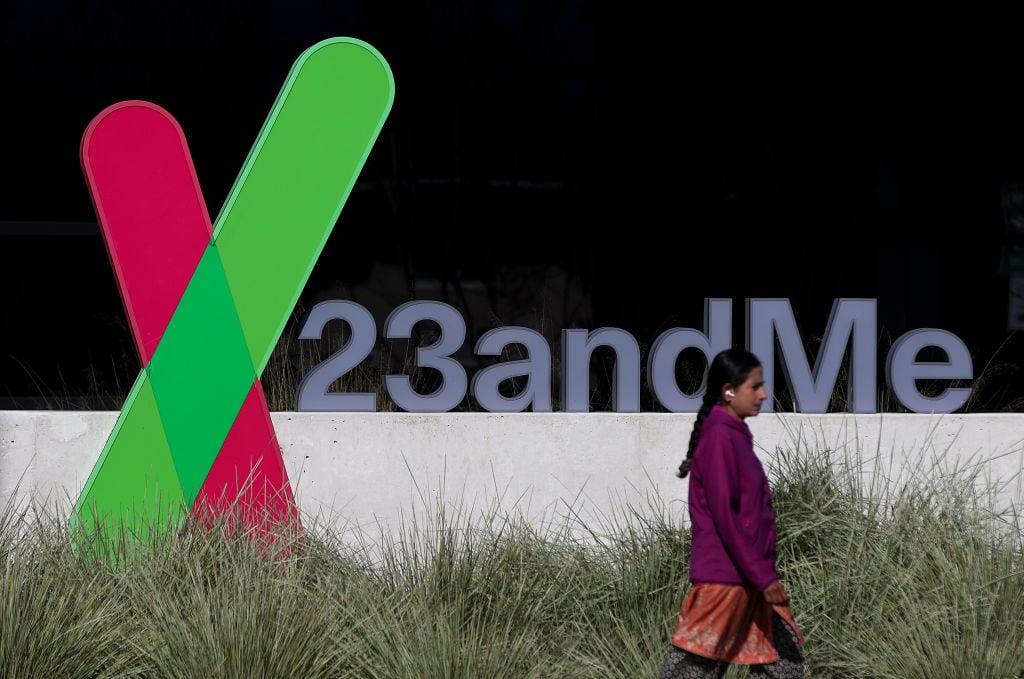*By: Madison Alworth* Snapchat is reportedly getting in on gaming. The social media company has already begun talks with publishers about creating games specifically for its app, according to The Information, and is hoping to launch a platform this fall. Snap's move is one indication of the growing interest in gaming, and esports specifically. The latter was once a fringe entertainment activity but is now fully mainstream. That kind of interest comes as no surprise to Chris Merwin, a vice president and esports analyst at Goldman Sachs. "This is a market growing in the double digits. It is a $120 billion market globally," Merwin said. Goldman estimates that 167 million people around the world watch esports events every month. By 2020, the total monthly audience is estimated to reach 276 million people. But will a big audience necessarily lead to big bucks? Merwin said the digital gaming industry currently faces a lack of infrastructure. "We think over time, as more infrastructure is built in, monetization for esports can be about $3 billion," Merwin said. Goldman forecasts the industry, which generated $655 million in revenue in 2017, could hit that $3 billion mark by 2020. And millennials are driving the growth. "I think things are changing with younger demographics," Merwin said. "So whether that's traditional TV viewership, or time on the phone, increasingly you're seeing younger demographics socialize in these games, and that's been a big cultural change over the last 5 to 10 years, and I think it will continue over time." The growth has certainly sparked interest from venture capitalists. The esports industry has brought in $3.3 billion in funding since 2013. For the full segment, [click here.](https://cheddar.com/videos/the-business-of-esports-with-goldman-sachs)












